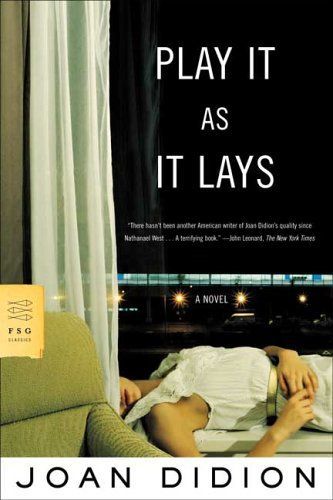
Reviews
cha@chakiiko
julia@juliwaves
hessensitive@hessensitive
fi@miffybitch
Stas@stasreads333
shaymaa@theshaymaah
Sohini Roy@sohiniroy121
Louisa@louisasbookclub
💒lara@lizarrrd
aileeeeeeen@herlibraries
saleha@fogtemple
Sarah Sammis@pussreboots
D D D @sunnyd123
annalyse! @a_nnalyse
jack@statebirds
désirée@desireereads
Amulya Garimella@agarimella
傑恩@antoinettelsp
🦌@leann
Lorraine@lollyb
rue@rueslibrary
Beatriz Aguiar@alchemistta
Nick Gracilla@ngracilla
tina@folklorde
Highlights
hessensitive@hessensitive
hessensitive@hessensitive
hessensitive@hessensitive
hessensitive@hessensitive
hessensitive@hessensitive
hessensitive@hessensitive
hessensitive@hessensitive
hessensitive@hessensitive
Sidney R@sidney
Page 5
傑恩@antoinettelsp
Grace McCarter@gracemccarter
Page 95
Grace McCarter@gracemccarter
Page 65
rue@rueslibrary
Page 188
rue@rueslibrary
Page 177
rue@rueslibrary
Page 169
rue@rueslibrary
Page 166
rue@rueslibrary
Page 39
Helen @helensbookshelf